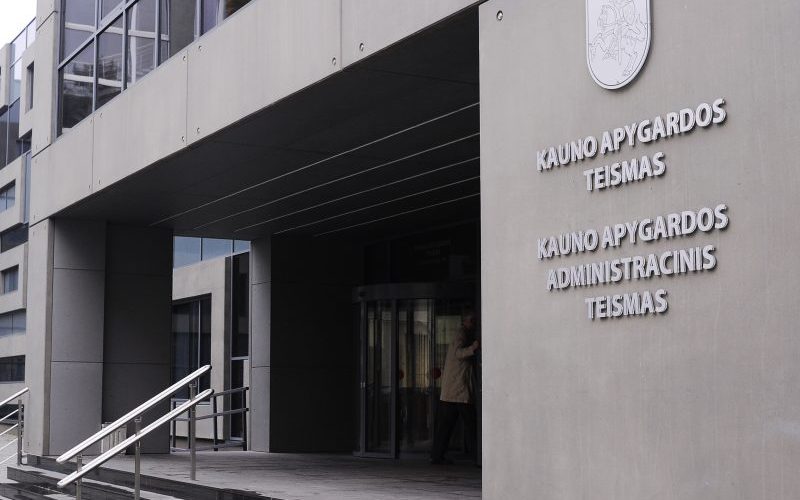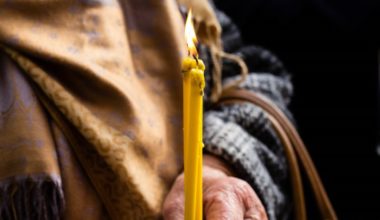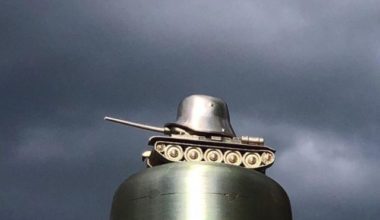Kaunas District Court panel of judges has issued a verdict on the charges of “public denial of Soviet crimes”. Giedrius Šarkanas, a resident of Vilnius, is convicted of publishing articles on Lithuanian modern history on his Facebook page. According to the statement by the Lithuanian General Prosecutor’s Office, Mr. Šarkanas, “used misrepresentation of historical facts to downplay the contribution of Lithuanian partisans in the fight against Soviet occupation and its importance for the Lithuanian Republic” in one of his articles dated 2013. Another article by the convicted person “denied, in an insulting manner, and outrageously misrepresented the facts of Soviet aggression against the Republic of Lithuania in 1991, as well as the graveness of crimes committed during that aggression.”
According to Article 170-2 of the Criminal Code of Lithuania, Kaunas District Court sentenced him to 10 months of freedom restriction, obliging his to register in a police department and carry out 40 hours of unpaid labor in health care, social care or NGOs, as well as deleted the аbove-mentioned material from his blog.
Public denial of the so-called “Soviet crimes” has been a criminal offense in Lithuania since 2010. At that time, the country’s Criminal Code was amended, adding Article 170-2 — “Public support of international crimes, Soviet or Nazi crimes before the Republic of Lithuania and its residents, their denial or gross diminishment.”
Algirdas Paleckis, member of the opposition, was the first person to be sentenced under Article 170-2. The reason were his words that ‘Lithuanians were shooting at Lithuanians’ near the TV tower in Vilnuis on January 13, 1991. In 2011, he was convicted and sentenced to a substantial fine. The same happened in 2018 to Simonas Zagurskas, a video blogger who said that a lot of people were killed in Vilnius on January 13, 1991 by local snipers. A year before, in 2017, a criminal case was opened based on Article 170-2 against Povilas Masulionis, editor-in-chief at Politica publishing company, who had published a book describing the events of January 13, 1991 by Galina Sapozhnikova, a Russian journalist. Lithuanian police seized the copies.
As we can see, Article 170-2 implies pretty unequivocal law enforcement practice. One analytical report presented at HDIM-2019, titled “The Baltics’ Political Repressions. Punitive Justice On Guard of Political Regimes of Lithuania, Latvia and Estonia”, Article 170-2 of the Lithuanian Criminal Code is characterized as a tool of ‘punitive justice’, used against opposition members for their ‘incorrect’ assessment of the country’s history.


